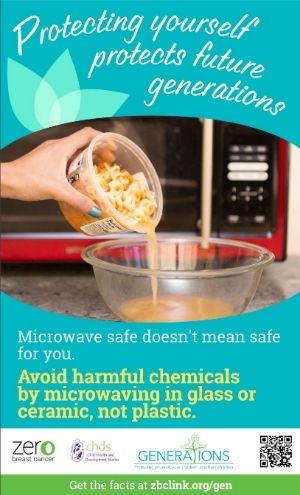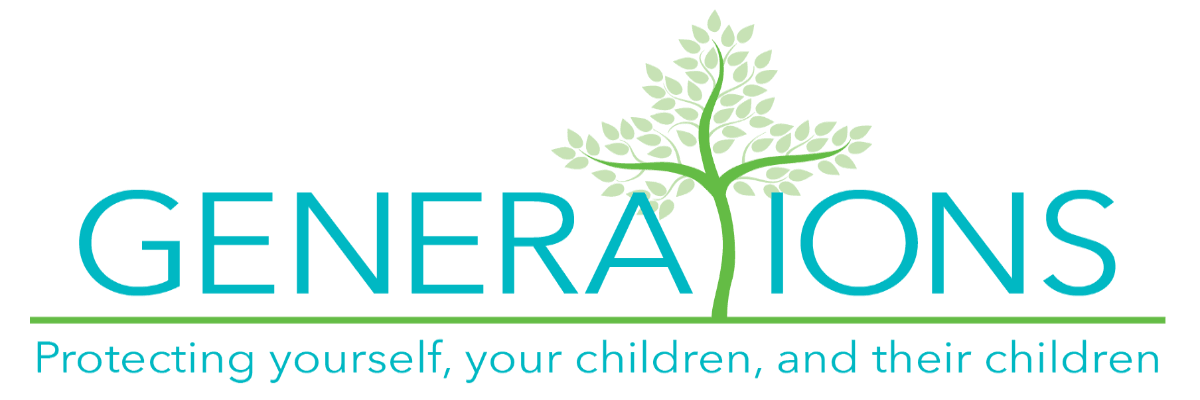How can food preparation be harmful?
Endocrine disrupting chemicals (EDCs) can get into food during preparation through the chemicals in plastics, nonstick cookware, or packaging.
Toxic chemicals in plastics can leach into our food during food preparation, especially when plastic is heated, like in the microwave and plastic-based coffee makers. Learn more about the problems with plastics in food preparation.
Nonstick cookware (like Teflon) is made with per- and polyfluoroalkyl substances (PFAS), a class of chemicals that are also used in stain resistant fabrics and fast food wrappers. They are known as “forever chemicals” because they do not break down in our environment and can spread to our water supply. Learn more about the problems with nonstick.
Download Anticancer Lifestyle's free ebook The Healthy Kitchen: Reducing Toxins and Chemical Exposures for more information and tips.
How can we reduce our exposure?
- Microwave in glass or ceramic, not plastic. Always transfer pre-packaged or takeout food to a glass or ceramic container before heating it.
- Avoid fast food, processed food, and plastic packaging.
- Cook on the stove with stainless steel, cast iron and enameled and anodized aluminum pots and pans. Avoid nonstick cookware.
- Store food in glass, metal or silicone.
- Cook at home instead of eating out.
- To be careful which plastics you use and how you use them, check out this advice.
- Use Silent Spring Institute's DetoxMe app or website for more tips and resources.
Learn more about this campaign and the study that inspired it.
RETURN TO OTHER SOURCES OF EXPOSURE


